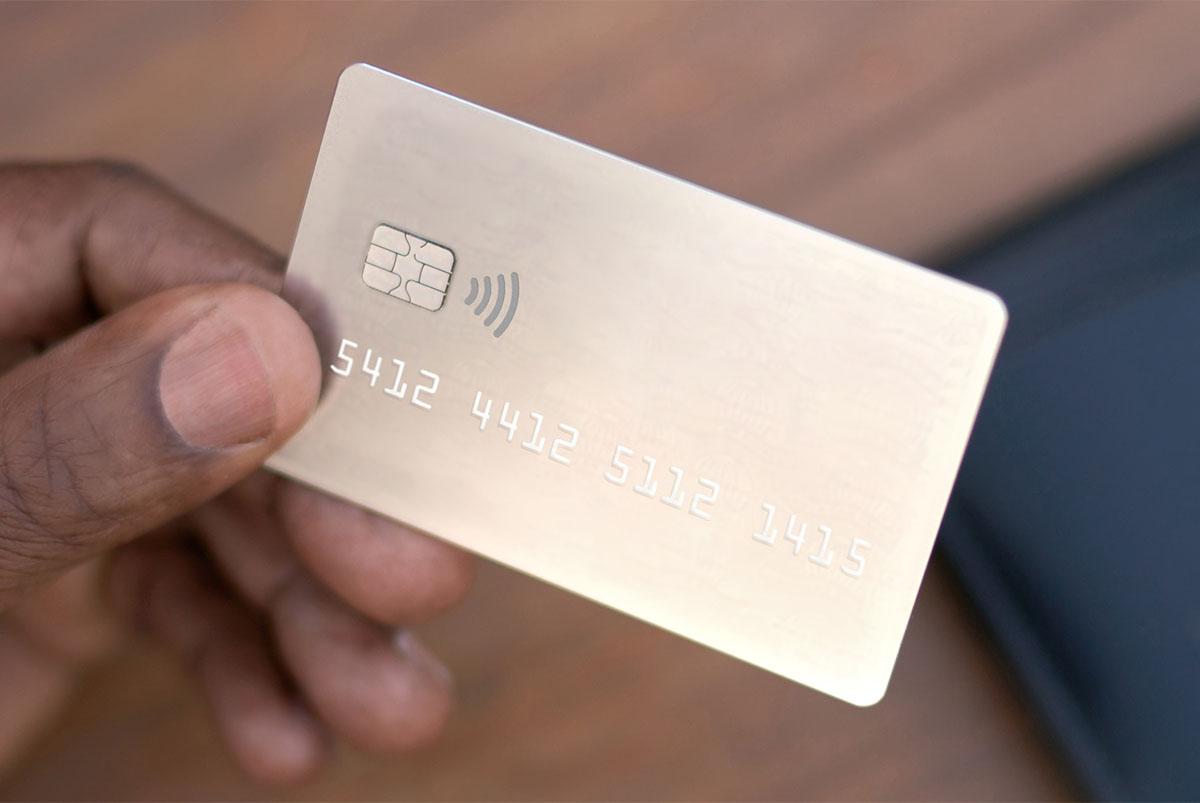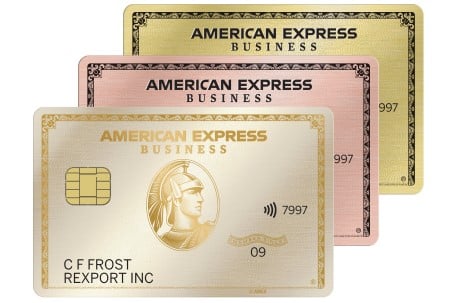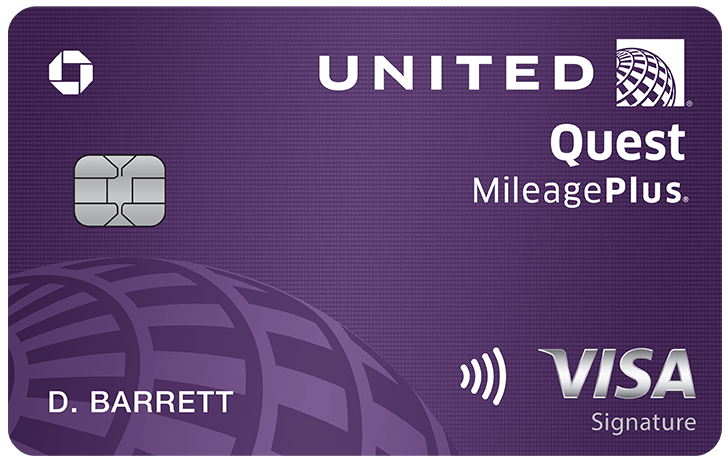
There is a lot of good information out there about how to use credit responsibly – but there are also credit myths to watch out for.
How do you know which recommendation is credit fiction or credit fact? We round up the 14 most common credit myths and explain why you shouldn’t believe them.
Myth 1: You Only Have 1 Credit Score
Banks and other creditors use several scoring models and credit bureaus to review and measure your creditworthiness.
The two most common credit scores are the FICO® Score and VantageScore®. And the three major credit bureaus are Equifax®, Experian™ and TransUnion®.
Because creditors don’t have to report your account history to all three bureaus, each bureau may have different information on its credit report. As a result, you may have a range of credit scores, which would explain why one credit score may be higher or lower than another.
Myth 2: Debt Negatively Impacts Your Credit Scores
Your credit scores are calculated based on how you manage your debt. So having no debt may hurt your credit scores more than having too much debt because credit bureaus have no information to calculate your scores.
While debt won’t hurt credit scores, a high credit utilization ratio (borrowing too much of your available credit) can. If you max out your credit cards, even if you pay the minimum balance at the end of each month, overuse can hurt your credit scores.
Late or missed payments can also ruin your credit scores. When you take out a loan and pay it back on time, your on-time payments will boost your credit scores. If you miss even one payment, your credit scores will dip and only start to climb after you reestablish consistent on-time payments.
Myth 3: All Debt Is the Same
The different credit accounts you carry (like credit cards and installments loans) make up your credit mix, which accounts for 10% of your FICO® Score.
Creditors want to see how you handle repayment on different types of debt, including student loans or secured installment loans (like auto loans or mortgages) or unsecured, revolving debt (like credit cards).
Debt falls into different categories – like secured or unsecured debt, revolving debt or installment debt – and lenders like to see credit diversity on credit reports.
Myth 4: Checking Your Credit Reports Hurts Your Credit Scores
You may have heard that looking at your credit scores can lower them, but that isn’t true. In fact, experts recommend checking your credit scores often. What matters is how your credit reports are checked.
There are two types of credit inquiries: soft inquiries and hard inquiries. When you’re checking your credit reports through your bank or a credit service, you’re running a soft inquiry (or pull) that doesn’t hurt your scores.
Whenever you apply for credit, a creditor will typically request a hard inquiry on your credit reports, which may cause slight, short-term dips in your scores.
Myth 5: I Have To Pay To Check My Credit Reports
You can request a free copy of your credit report from each of the three credit reporting bureaus or through AnnualCreditReport.com.
Your credit reports – which also provide data such as credit age, credit utilization, available credit, home addresses and more – will list the account information reported by your lenders and creditors.
Common Credit History Mistakes
The most common mistakes on credit reports include identity errors, incorrect account status, data management errors and balance errors.
Myth 6: Married Couples Have Joint Credit Reports
When you get married, you share many things, but credit reports aren’t one of them. If you open a credit card in your name, the information associated with the account gets reported on your credit report(s), not your spouse’s.
Now, if you and your partner share a joint credit card or apply for a joint mortgage, any account activity will show up on both your credit reports – even if you are legally separated or divorced. If you are released from the joint account or mortgage, the account’s activity won’t show up on your credit reports anymore.
Myth 7: Once a Debt Is Paid Off, Late or Missed Payments Are Removed From Your Credit History
Reported late or missed payments remain on your credit reports for up to 7 years – even after you’ve paid off the debts.
Call your creditor and make arrangements if you ever think you might be in danger of missing a payment. They might hold off on reporting the delinquency because you alerted them and made arrangements to pay the overdue balance.
Myth 8: Closing Old Accounts Will Boost Your Credit Score
Closing old accounts will not boost your scores. In fact, it may lower them. Your credit scores are based on credit history, mix and utilization. The older an account is, the longer your credit history will be. If you close an old account, you’ll shorten your credit history, making your credit history appear less mature than it is.
Myth 9: Your Income Affects Your Credit Score
While your income does not affect your credit scores, it plays a big part in your ability to pay down debt through good and challenging times.
If you lost your job or experienced a medical emergency, would you have enough money saved to keep making on-time payments? If your finances change and you fall behind on payments, that will damage your credit scores.
Think about future-proofing your finances (think: building an emergency fund or creating a budget) when you want to take out a loan or use existing credit.
Myth 10: Employers Can Check Your Credit Score
If a prospective employer pulls up your credit reports, they’ll see a few things – but won’t see your credit scores.
Under the Fair Credit Reporting Act,[1] an employer will receive a modified credit report that includes any outstanding balances and open lines of credit, including auto loans, mortgages and student loans. They will also see if you filed for bankruptcy in the past or are delinquent on any accounts.
Myth 11: Student Loans Don’t Affect Your Credit
Private and federal student loans are installment loans that affect your credit scores, credit utilization ratio and credit history. Lenders report your student loan information to the credit bureaus, including on-time or late payments, defaults, deferment, forbearance and forgiveness.
Myth 12: Lying About Income on a Credit Card Application Is Harmless
When you report a false annual income to get a higher credit limit, that’s loan application fraud – a federal crime. If you’re found guilty, you can receive up to $1 million in penalties and 30 years behind bars.[2]
Myth 13: You Can Pay Someone To “Fix” Your Credit
There’s no such thing as an easy fix for your credit. You will hear of companies offering credit repair services, but their services should be avoided. Usual enticements may promise to remove adverse credit history, boost your credit score and clear any derogatory information for a small fee.
Your best bet is to work with a nonprofit credit counseling service. They can help you to create a budget and possibly negotiate a debt management plan with your creditors.
Myth 14: Credit Can’t Be Rebuilt
Just because your credit scores are less-than-ideal does not mean you can’t improve them. You can take action to repair your credit.
Responsible financial habits and patience are what it takes to boost your credit scores and build credit. Your scores can bounce back from a missed payment, defaulted loan or bankruptcy one on-time payment at a time.
Credit Myths – Busted
In our busy information age, it can be difficult to tell what’s a credit reality and what’s a credit myth. Your best bet is to check in with the experts, legitimate resources and personal finance websites (ahem, like yours truly) to verify anything you’re hearing or reading. The more you learn about how credit works, the easier it will be to know what to believe and what to leave behind.




